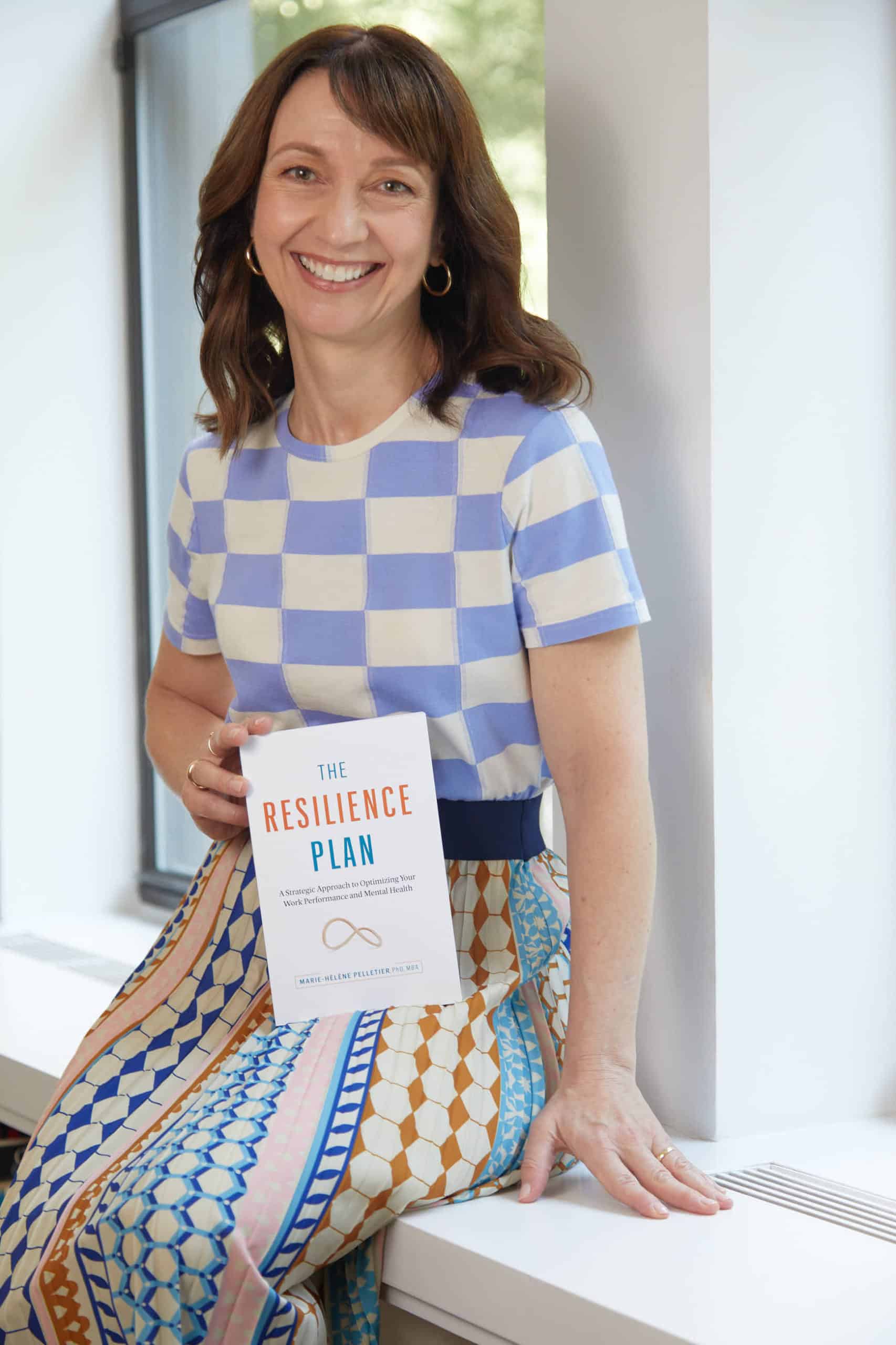
You’re taking care of your physical and mental health – but do you have a budget?
You’re taking care of your physical and mental health – but do you have a budget?
That’s what I found myself asking my friend a few months ago as we were casually walking around in a Montreal shoe store (needless to say, with a question like that, our casual walk did not lead to any shoe purchases).
When thinking about our health, most of us focus first on physical health, but with a growing awareness of mental health needs as well. Whether we are exercising, eating well, or regularly spending time with people we enjoy, research consistently tells us that these investments act as protection for both our physical and mental health.
But there’s a third area of health that is often overlooked: financial wellness. Year after year, the American Psychological Association annual survey puts personal finance at the top of what stresses Americans. And EAPs have been covering financial counseling for years (although this service is typically not well used).
Financial wellness is worth considering because of the impact that financial stress can have on our mental health. And research also shows a correlation between financial wellness and physical health. The good news is that if we pay attention to our financial health, we’re taking yet another action to help both our mental and physical health.
What do we mean by financial wellness? The Financial Consumer Agency of Canada sets out the following key areas:
- Managing your money
- Debt and borrowing
- Savings and investments
- Education funding
- Pensions and retirement
A place to start in improving your own financial wellness is getting the help of a professional, whether through your EAP or through another resource. For many people, a concrete first step is simply the creation of a household budget. It’s a small first step that can have a powerful impact.
An integrated approach to health – physical, mental, financial – is gaining traction as more employers introduce supports for employees related to all three areas. It’s an approach that is long overdue, and one that can have a profound impact on mental health in particular.
So, the next time you’re shopping for shoes, keep that budget – and your mental health – in mind.
Marie-Helene Pelletier, PhD, MBA, is a workplace mental health strategist, registered psychologist and professional speaker who teaches at the University of British Columbia Sauder School of Business.

